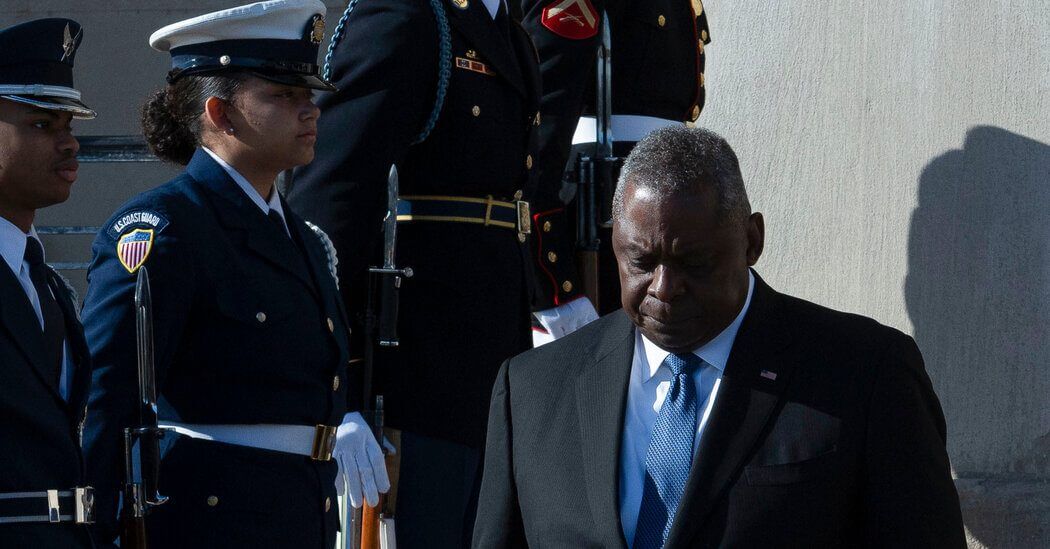The recent strikes conducted by the United States on two Iranian military facilities in Syria were part of a carefully crafted strategy by President Biden’s administration. These strikes were not just military actions but deliberate messages to Tehran, aiming to convey a two-fold warning. Firstly, they were a clear indication that any further assaults on American forces by Iranian-backed groups might lead to a direct military confrontation between the United States and Iran—a confrontation that both nations have actively avoided since the Iranian revolution in 1979. Secondly, the strikes were also a signal that if the attacks were to cease, both sides could step back, allowing tensions to ease and revert to the underlying hostility that has defined U.S.-Iran relations in recent times.
The primary intention behind these strikes was not to intensify the conflict. Rather, they were a responsive measure following previous rocket and drone attacks on U.S. bases in Iraq and Syria, causing injuries to American troops. The strikes were specifically targeted at facilities associated with Iranian-backed militia operations, with the aim of deterring any future assaults.
Despite the calculated precision in these strikes, their success in conveying the desired message remains uncertain. Past attempts to alter Iran’s conduct have yielded limited success. For instance, efforts such as the 2015 nuclear deal intended to foster cooperation between the U.S. and Iran failed to bring about the expected changes. Even economic sanctions, which were intended to restrict Iran’s support for groups like Hamas and Hezbollah, did not produce the desired results. Iran’s oil exports have notably surged, primarily directed toward China, despite the sanctions.
The careful balance struck by the recent strikes aimed to avoid instigating a broader conflict while still asserting American strength. However, the effectiveness of this message in influencing Iran’s behavior in the long run remains ambiguous, given the historical shortcomings in modifying Iran’s actions.


